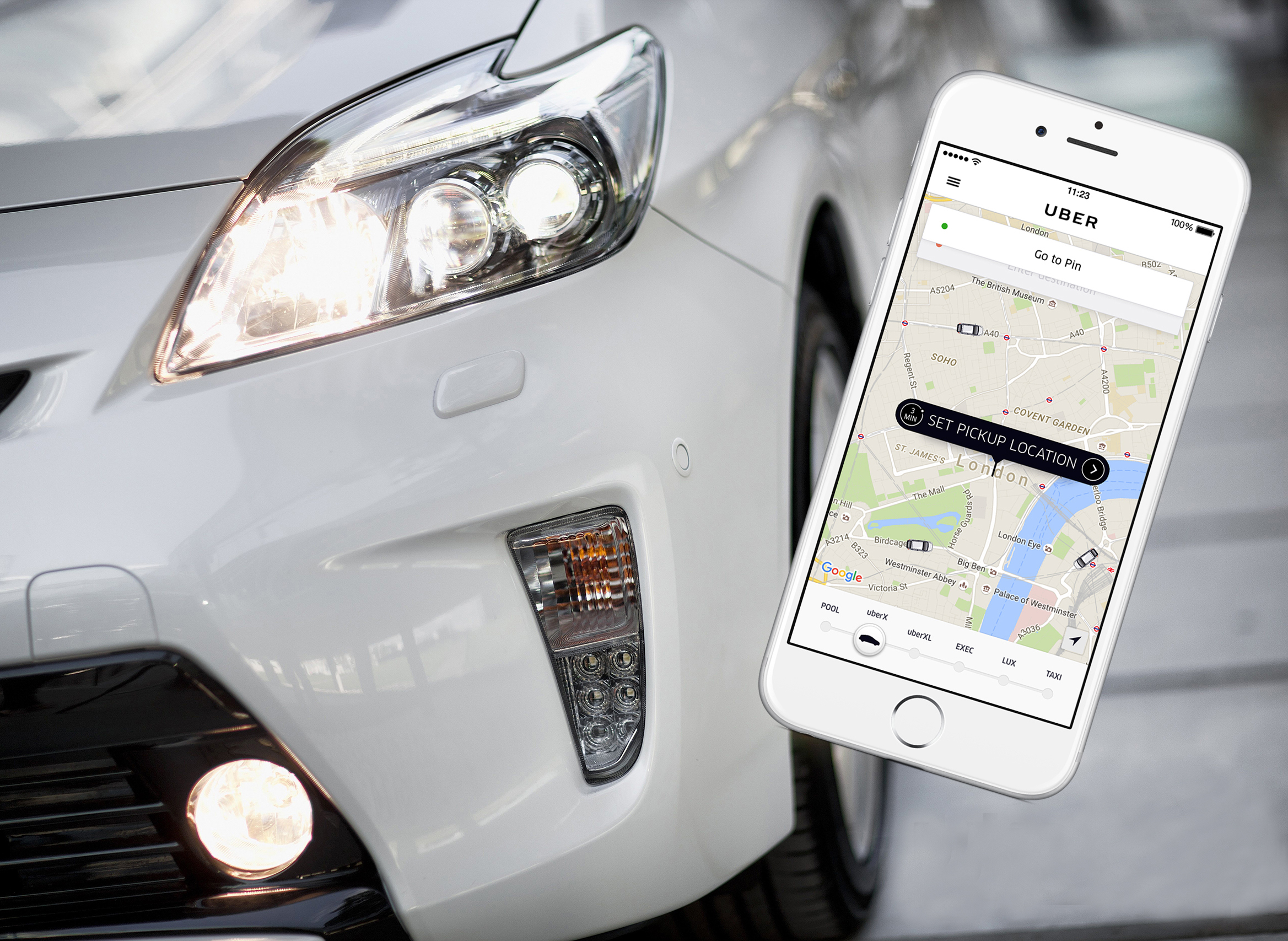The union for professional drivers, GMB, has won its case against Uber - which was deemed to have acted unlawfully by not providing drivers with basic workers’ rights.
The London Employment Tribunal ruled that Uber drivers are entitled to receive holiday pay, a guaranteed minimum wage and are entitled to breaks. The decision will have major implications for over 30,000 drivers in London and across England and Wales and for workers in other occupations.
GMB found last year that a member working exclusively for Uber received just £5.03 per hour in August after costs and fees were taken into account, significantly below the national minimum wage of £7.20. Lawyers for the drivers also argued that Uber acts unlawfully by frequently deducting sums from drivers’ pay, often without informing the drivers in advance, including when customers make complaints.
Maria Ludkin, GMB Legal Director, said: "This is a monumental victory that will have a hugely positive impact on over 30,000 drivers in London and across England and Wales and for thousands more in other industries where bogus self-employment is rife. Uber drivers and other directed workers do have legal rights at work. The question for them now is how those rights are enforced in practice. The clear answer is that the workforce must combine into the GMB union to force the company to recognise these rights and to negotiate fair terms and conditions for the drivers."
This loophole that has allowed unscrupulous employers to avoid employment rights, sick pay and minimum wage for their staff and costing the government millions in lost tax revenue will now be closed. Uber drivers and thousands of others caught in the ‘bogus self-employment trap’ will now receive the same rights as employees.
However Mark Bursa, Editor of Professional Driver, the monthly magazine for the private hire industry, said: “The recent court ruling regarding the workers’ rights of Uber drivers could force major changes upon companies using self-employed contractors for driving jobs. And that could have a significantly negative effect on the thriving UK private hire sector, which employs close to half a million people, mainly on a self-employed basis.
While Uber’s work practices are nothing to commend, many long-standing and well-run private hire taxi firms could be severely impacted if they were forced to provide pensions, sick pay, holiday pay and National Insurance contributions for their self-employed drivers. It would inevitably lead to fewer drivers, higher fares and greater inconvenience for customers who rely on minicabs for travel.”
GMB says it will make the case that average hours worked over the past 12 weeks should be deemed to be the contracted hours of work for those on zero hours as it already is for maximum hours of work under the Working Time Directive.

